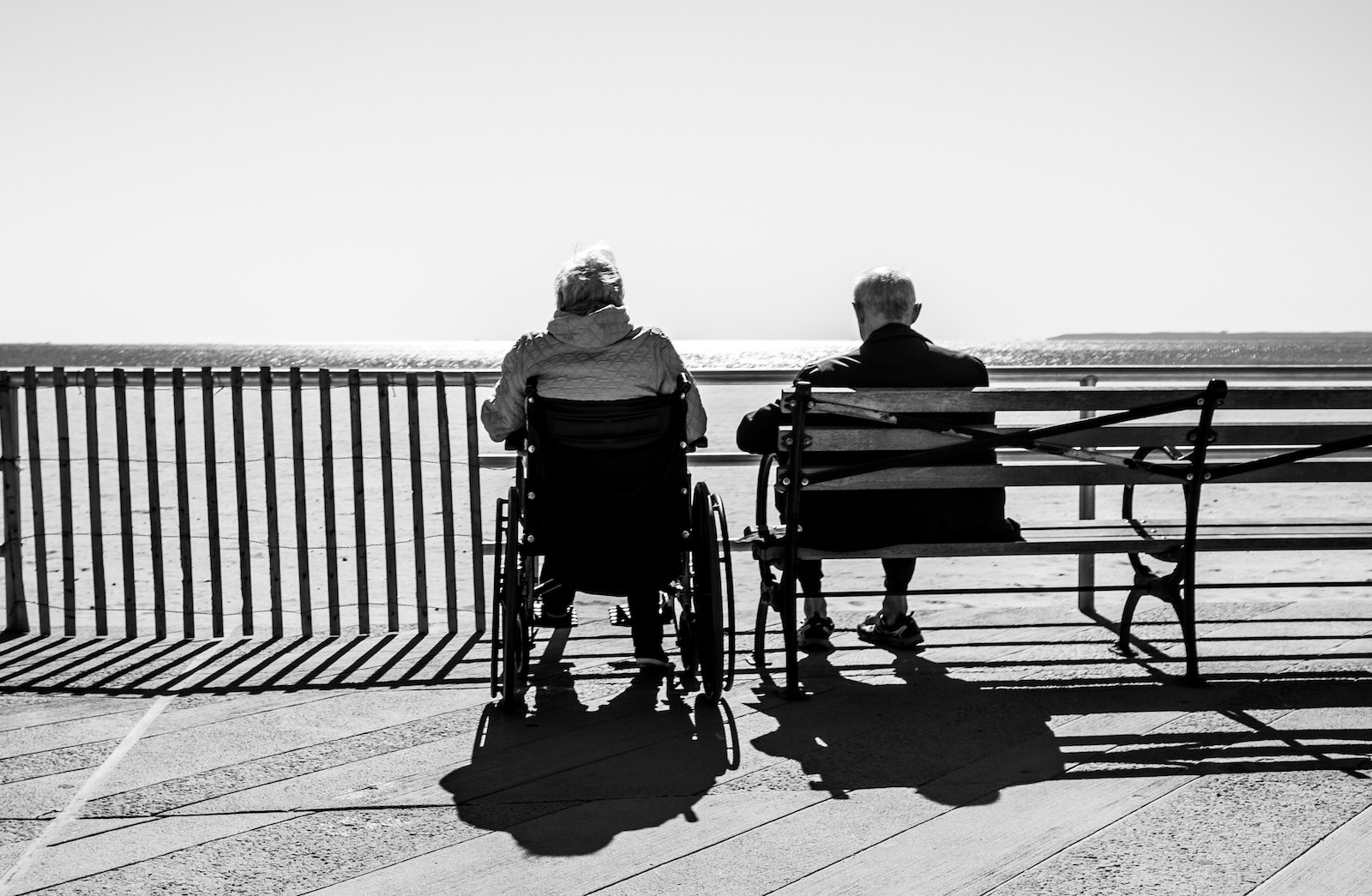Aging in Santa Barbara: The Caregiver
The Dance of Objectivity, Facts, and Outcome

To follow up on Aging in Santa Barbara, which discussed the primary barriers for older adults who wish to remain in their homes, I want to talk about the needs of caregivers in our community. But first, some background information about the role caregivers are playing in their families and society.
As an adult child of an aging parent or a concerned friend or spouse, you can often see the warning signs. Your loved one is forgetting appointments or medications. Declining personal hygiene. Decreased engagement in leisure pursuits. Our loved ones are often stuck — they desire to maintain independence and fear admitting weakness will take that independence from them.
The 2021 AARP Home and Community Preferences Survey revealed 77 percent of older adults ages 50+ want to remain in their homes — a consistent number over the past 10 years. As a member of the Santa Barbara community and clinical professional that works with older adults after a hospital stay, I can confirm this anecdotally — older adults want to remain in their homes particularly given the connection they feel with their neighbors and their location. Why then, do I run into so many scenarios where older adults are faced with the decision to suddenly move?
Sometimes it’s a fall. A hospitalization. A traumatic event or hospitalization that forces life-altering decisions regarding housing in two weeks or less, all while everyone is cognitively, physically, and psychologically processing the shock of such an event.
So how can we address the warning signs early — before the life altering event? As an adult child, friend, or spouse how can you balance being a source of comfort and a voice of reason? This role is incredibly difficult, often gut-wrenching, and a source of chronic stress.
Here are some things to consider as you care for a loved one who is displaying these early warning signs (note: these are highly generalized and do not take into account culture, preferences, communication styles, etc.):
• Self-care
• Cherishing your loved one
• Honoring autonomy
• Objectivity
We’ve all heard to “put on your own oxygen mask first,” and this is especially relevant if you’re juggling multiple caregiver roles — i.e., raising children and supporting an aging parent. Self-care also touches on levels of satisfaction with balancing your life roles: work, leisure, parenting, etc. If you are not taking care of yourself, you will lack the endurance required to care for another human being and be present for them emotionally through challenging times. This is called caregiver burnout, and it’s incredibly common. Caregivers need and deserve care, too.
Cherishing our loved ones means celebrating their unique presence in your life. It’s common when adult children are caregiving for their aging parents to take on an authoritative role in their parents’ life. What would it look like to step back sometimes and celebrate your loved one in a way that is meaningful to them? Celebrate them as your mom? Your father? Your sister? Take a moment to step out of the parentified role and show love in a different way outside of the daily caregiving tasks.
Honoring your loved ones’ autonomy whenever possible is also important. To be able to honor the individual you are caring for, you can practice a healthy detachment from their decisions. This can be extremely challenging since often your loved one’s decisions do affect you!
Objectivity is the art of bringing facts (objective), concerns (feelings), and outcomes (clarity) to your loved one. “I’ve noticed much of the food in the fridge is expired (facts). That makes me concerned (feelings) about you getting sick (outcome).” This can often be a dance, and if you’ve read this far you likely know why. Often this chosen phrase needs to be repeated as barriers get thrown up and it requires discernment to know when to back down depending on the scenario/level of risk.
Each item above must be filtered through your own culture, values, preferences, and lived experiences in addition to your loved ones’ culture, values, preferences, and lived experiences.
Caregivers, I can’t possibly overstate the importance of your role and the difficulties you face. Loving yourself and loving others is hard work and you deserve acknowledgement, respect and care! None of us can do this alone.
Andrew Myers founded Universal Home Consulting to provide home safety assessments and caregiver support and education.



